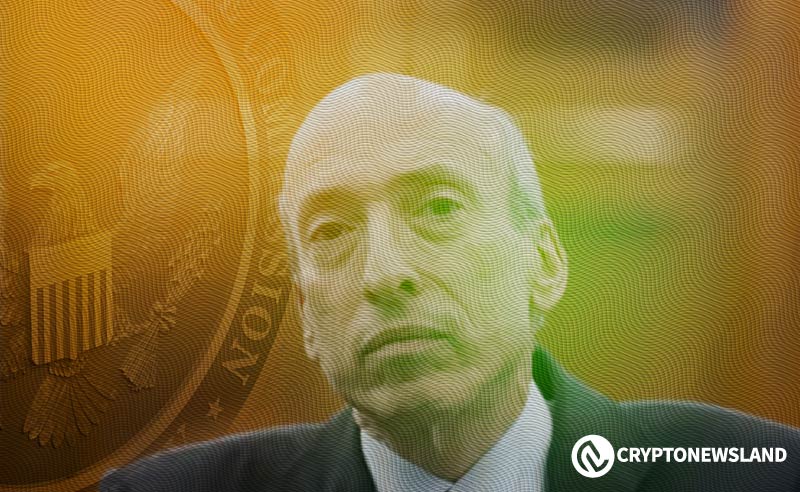- SEC Chair Gary Gensler expresses his disappointment over the court’s ruling that XRP is not classified as a security.
- The court’s decision regarding XRP’s security classification has generated conversations and debates within the cryptocurrency community.
- The ruling highlights the ongoing challenges and complexities surrounding the regulatory framework for cryptocurrencies.
Gary Gensler, the Chair of the U.S. Securities and Exchange Commission (SEC), has voiced his disappointment regarding a recent court ruling that determined XRP, the digital asset associated with Ripple, is not considered a security. The ruling, which has significant implications for the regulatory status of XRP, has sparked discussions and debates within the cryptocurrency community.
Gensler’s remarks come as the SEC continues its efforts to establish clearer regulatory guidelines for cryptocurrencies. The court’s ruling on XRP’s security classification adds complexity to the ongoing challenges of defining and regulating digital assets within existing frameworks.
The court’s decision has generated mixed reactions within the crypto community, with proponents of XRP welcoming the outcome as a validation of the token’s legitimacy. However, critics argue that the ruling highlights the need for greater regulatory clarity and consistency in the crypto space.
While Gensler expressed disappointment over the court’s ruling, it is important to note that the decision does not absolve Ripple or its executives from potential regulatory scrutiny. The ruling solely addresses the classification of XRP as a security and does not address other aspects of Ripple’s operations.
The classification of digital assets remains a complex issue, and regulators around the world are grappling with how to effectively oversee the rapidly evolving cryptocurrency market. As the crypto industry continues to mature, it is crucial for regulatory authorities to strike a balance between protecting investors and fostering innovation.
The court’s ruling on XRP serves as a reminder of the ongoing challenges in defining and regulating cryptocurrencies. It highlights the need for clear and consistent regulatory frameworks that provide clarity and protect market participants. The discussions sparked by this ruling will likely contribute to the ongoing dialogue surrounding the future of digital assets and their place within the financial ecosystem.

